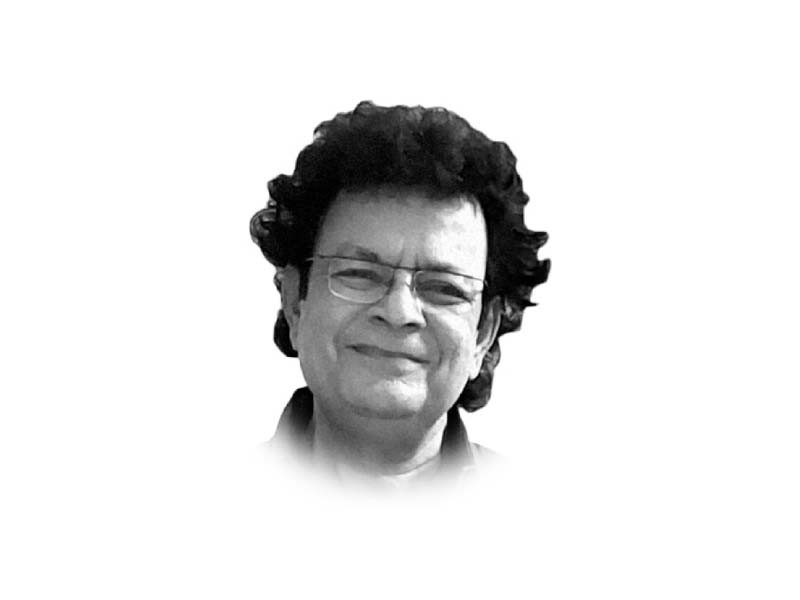
In whatever name we are addressed, in actuality, we are Don Quixote. Let’s see why that is so. In the world of literature, Don Quixote is the only novel whose popularity has not come down even after four centuries. Every existing language has a translation of the novel, acknowledged as the world’s first. Its writer Miguel de Cervantes was a famous Spanish poet whose impacts were so lasting that Dostoyevsky’s eternal classic The Idiot was dubbed a representation of the great novel. Whereas, the great Picasso was not behind in his deification of Don Quixote; he went on to paint a series of sketches of the immortal Quixote and Sancho Panza.
Cervantes planned to write the novel during his imprisonment in a Spanish jail, as he wanted every inmate to become a Quixote. If he could not, the world should be destroyed instantly. Although Cervantes made the plan of writing the novel during his incarceration, he felt to present his people as they were — naive and ambitious. He wanted to portray the real life of his people through a parody, of the language spoken on the streets of Spain. His provocative but uproarious portrayal of people conferred instant acceptance from everyone.
Because Cervantes in the creation of Don Quixote had capitalised on his devotion to his people who, in his eyes, were harmless and immature. Likewise in the characterisation of Quixote and other characters of the novel, he saw the presence of goodness and determination to expel dishonesty from the earth. Despite his advancing age, Quixote had no intention of working; he kept himself immersed in reading romantic tales of courage and bravery in the bounds of his home. For making ends meet, he would borrow from his neighbours. His passion for books had raised a wall of estrangement between him and life, so he never tried to settle what he owed. During his episodes of wishful thinking, he hoped to become a king after attacking a country. Thus, on the spur of his stormy thoughts, he decided to embark on a campaign to conquer a country. Following that, the novel kept moving beautifully with the uproarious anecdotes, happening to Quixote and his sidekick during his campaign and till the end.
Prominent Mexican novelist and critic Carlos Fuentes enunciates: Cervantes has unfolded the pages of Don Quixote before us so that we may identify ourselves with the circumstances, sensibility and feelings of the naive hero who had set out, in his adventure, on the back of his donkey, with a Sword of Tin. If we put our life beside that of Quixote, we would find no difference between both. If that is so, then we are adventurers of the same league; like him, we have created an imaginary world around us. What to say of us or Quixote, we shall have to study his economic and political preferences together with the societal happenings of his time, because his notions cannot be understood in parts. As Hegel emphasises: examine the whole for truth.
Let’s try to make out why people are still turning out to be Quixote when his age is long gone. It seems good and straightforward but if one looks at the given realities of life amid us, except for faces, one would see no difference between the circumstances, the great machismo Quixote confronted, and what we are doing right now. Like him, we also want to have equitable treatment from the power that is. Through our rising against the usurpers, we desire to bring meaning to our existence; and for that, we have concrete purposes and passion, which are our weapons for success in this battle of ideas, which from afar might look inconsequential, as the tin sword of Quixote looked.
Nevertheless, can he be proclaimed lacking in his seriousness for the accomplishment of his goal? Of course, never. However critical we may be about his feeble-minded approach, we are given to appreciating his seriousness for his mission, which finally takes him to the windmills to perish. Don Quixote has a lesson to remember: for causing a change in life, the contestant shall have to adapt himself to the given realities if he is meaning to assert himself. Or else with mere words, he would end up where Quixote and Sancho Panza had ended up in the windmills.
Published in The Express Tribune, October 19th, 2022.
Like Opinion & Editorial on Facebook, follow @ETOpEd on Twitter to receive all updates on all our daily pieces.




1732105641-0/BeFunky-collage-(78)1732105641-0-165x106.webp)







COMMENTS (1)
Comments are moderated and generally will be posted if they are on-topic and not abusive.
For more information, please see our Comments FAQ